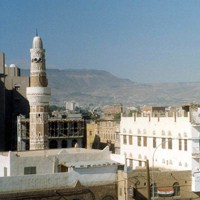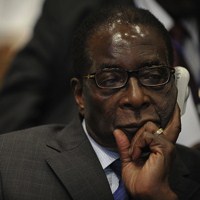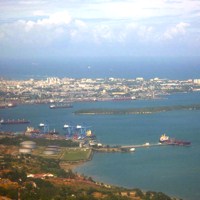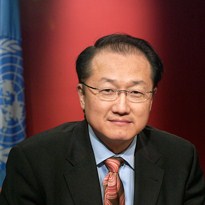
Last week, Yemeni President Abd Rabbu Mansur Hadi issued several decrees aimed at restructuring Yemen’s fractious military, including removing the son and two nephews of his predecessor, former Yemeni President Ali Abdullah Saleh, from the military leadership. The removed relatives of the former president were accused of using their positions of power to block reforms. Hadi replaced Saleh as Yemen’s president in 2012 after more than a year of citizen protests, and there have also been growing concerns that members of Saleh’s former regime were biding their time for an opportunity to attempt a return to power. The Associated Press […]














